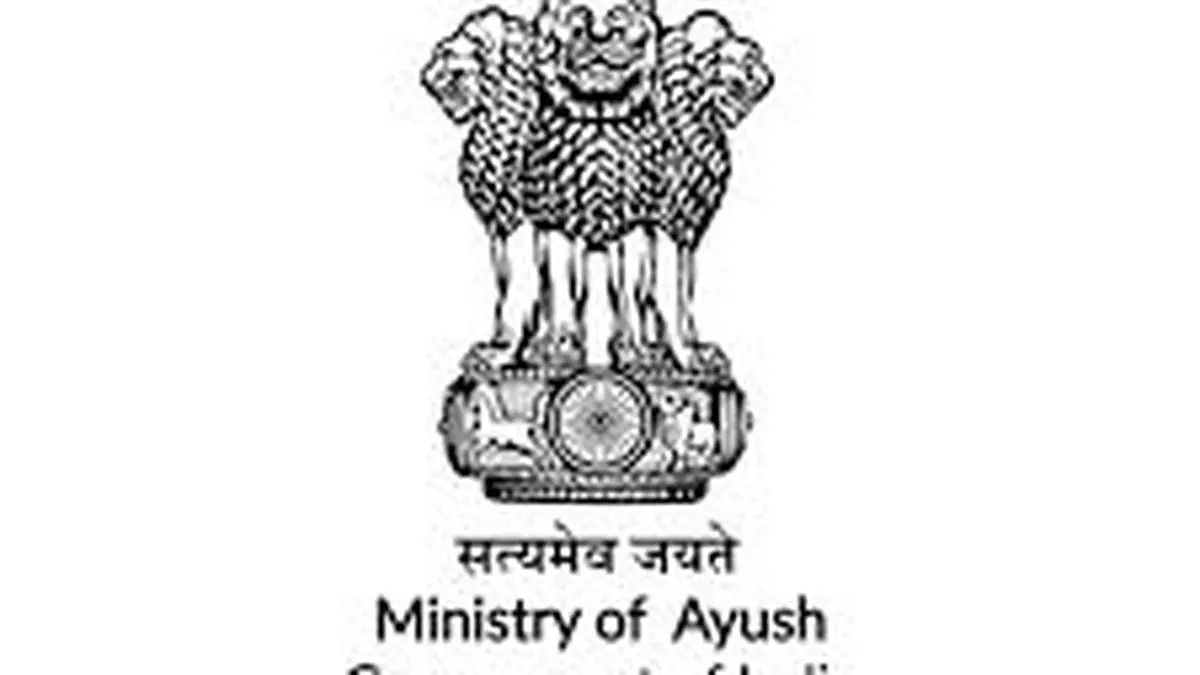Health Cover for AYUSH treatments: A mixed bag of opportunities & challenges, say insurers
Extension of health insurance to treatments under Ayurveda, Yoga, and Naturopathy, Unani, Siddha and Homoeopathy (AYUSH) at par with other treatments not only opens up new opportunities but also brings in a new set of challenges for industry, according to experts.
In the new guidelines issued on Thursday, the Insurance Regulatory and Development Authority of India (IRDAI) directed the general and health insurers to put systems in place to offer cover for AYUSH treatments by removing existing limitations, if any, from April 1, 2024.
“This initiative ensures that AYUSH treatments are at par with conventional medical options, catering to the changing preferences of individuals seeking holistic healthcare solutions,’‘ Tapan Singhel, MD & CEO, Bajaj Allianz General Insurance told businessline.
IRDAI has specified criteria for AYUSH hospitals which will determine claim eligibility. Admissibility criteria may include the severity of the condition, treatment details, and the potential need for hospitalisation, he said, adding: “However, the intricacies of the integration will be worked out more molecularly,’’ Singhel added.
“ This directive opens up new opportunities for policyholders to access a wider range of healthcare thereby allowing policyholders to adopt a treatment of their choice,’‘ Ashish Yadav, Head of Products, ManipalCigna Health said.
However, there are many challenges too. “The regulator has asked insurers to modify their existing products that contain limitations for Ayush treatments to roll out the cover. But there are many challenges,’‘ said MD & CEO of a private insurance company.
As per government data, there are nearly 80,000 registered AYUSH Practitioners in the country. “Ascertaining their quality and fixing the procedure for enrolling AYUSH Hospitals/Day Care Centers as network providers for the purpose of providing cashless facility is a big task,’‘ he said.
Apart from dealing with quacks, insurers are also concerned about lack of standardisation of treatment procedures and costs in AYUSH and their preparation might take a long time, they feel.
Product pricing with and without hospitalisation, prevention of fraud are also seen as other challenges. Some insurers said the deadline of April 1, 2024 is “too near’‘.
According to Prof Bejon Kumar Misra, International Consumer Policy Expert, IRDAI Nominated EC Member on the GI Council, the extension of health insurance to AYUSH treatments at par with Allopathy is a `significant’ move. It will facilitate increasing accessibility and affordability to quality healthcare in an integrative manner by building awareness on AYUSH system of care and enabling citizens to make an informed choice based on evidence and science.
Mishra, who is also head of AYUSH Ministry’s panel on promoting insurance in the sector, also said, ‘The challenge, however, is to create awareness on the benefits of AYUSH and its presence in remote and far flung locations, he added.
A senior IRDAI official said: “Every reform being introduced by the regulator is only after much dialogue with the industry and there is no forcing of any norms on them.’‘
According to official data, the health premium collected by the insurance industry grew by 22 percent to ₹89,492 crore in FY23 compared to ₹73,052 crore in the previous year.
At Nascent Stage
AYUSH Hospitalisation Claims (In ₹crore)
2023-24: 75.52
2022-23: 13.82
2021-22: 28.22
2020-21: 6.20
2019-20: 4.0
2018-19: 6.0
(Data sourced from Expert Committee on Insurance in AYUSH)
